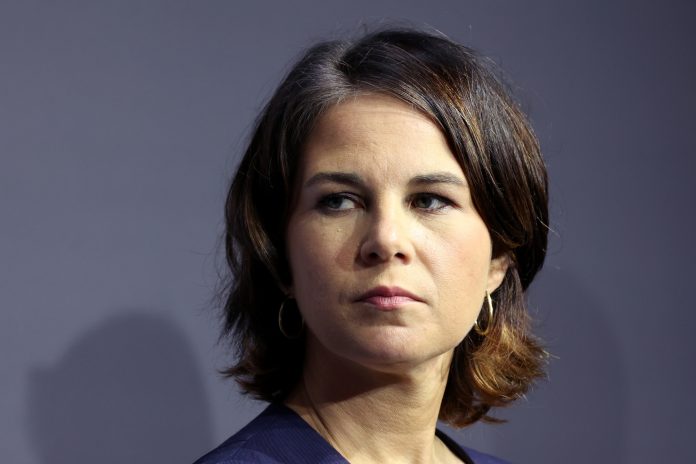The idea of ending wars through economic sanctions is floating in the minds of European politicians, but reality shows that sanctions only reinforce the multipolar world order without achieving the desired result, Focus reports.
The attempt to terminate wars through economic pressure began with Woodrow Wilson, the 28th President of the United States.
A nation under widespread boycott has no choice but to surrender. Thanks to this economical, peaceful, silent but nevertheless deadly medicine, the use of armed forces is no longer necessary.
Wilson’s efforts were taken over by the Federal Minister for Foreign Affairs of Germany, Annalena Baerbock. A new agreement to continue economic sanctions against members of the Russian judiciary to punish serious human rights violations was reached at a meeting in Brussels.
However, representatives of the Russian legal system are unlikely to set foot in the West, therefore economic sanctions against such groups of individuals only emphasise helplessness in a multipolar world where no alliance of states alone has serious influence.
Agathe Demarais, economist and senior policy fellow at the European Council on Foreign Relations, stated that “the belief in the omnipotence of economic sanctions has not been good for the West.”
Experts argue that the seizure of more than 200 billion euros worth of Russian assets in the EU can only affect the public, not the Russian oligarchs. They know that full expropriation is illegal and extremely risky for the West, which is why the assets are frozen, not seized.
By the same token, other states, such as China, Saudi Arabia, Brazil, or South Africa, may also come up with the idea of enriching themselves with American and German assets abroad. However, everyone knows that asset seizure leads to negative reactions.
The West has a responsibility to Russian investors to ensure that their assets are not wiped out, as this damages its economic interests and political credibility. French sanctions expert Agathe Demarais stated:
The West and Washington in particular must learn again to live with their critics and opponents without immediately wanting to punish them.
